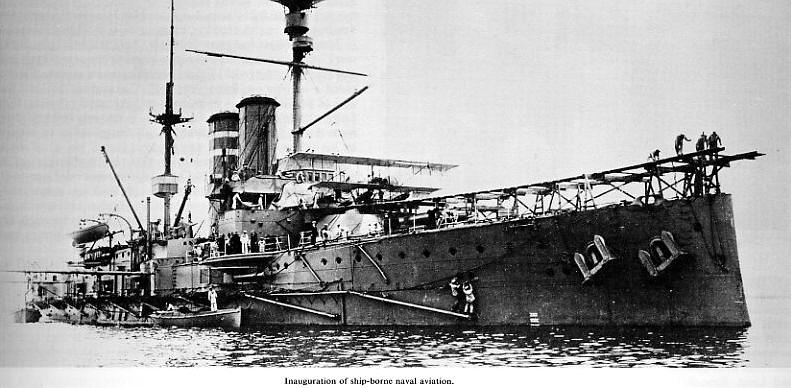Sheerness flying sites
Note: This map only shows the location of Sheerness town within the UK.
SHEERNESS: Balloon base
Military users: RNAS/RAF Kite Balloon Base & Kite Balloon Training Station and School
Location: On Diggs Marshes, just SW of West Minster, 0.5nm NNE of Queenborough
Period of operation: 1917 to 1919
Site area: 75 acres
SHEERNESS: Military Landing Ground
Military users: Diversion Landing Ground for artillery co-operation.
NLG (Night Landing Ground) for 37 (Home Defence) Sqdn
Location: On Minster Marshes, 1nm from Sheerness Dockyard railway station, E of the A250, SE of Marine Town
Period of operation: 1917 to 1919
Site area: 75 acres
SHEERNESS: Temporary aerodrome?
NOTES: As I settled into researching this project, and came to understand how very little is really known about the detail of UK aviation history I simply loved finding examples like this to prove this point. On the 14th October 1932 Sir Alan Cobham’s National Aviation Day UK Display Tour performed at ‘SHEERNESS’. In it’s day this would have been a very significant event for local people. But can you find a memorial or even a stick in the ground to commerate it? (Being a city lad, a stick in the ground is known as a commemorative tree being planted).
I’ve yet to find out where this singular event actually took place. Can anybody kindly help out here?
Note: In March 2020 I was very kindly contacted by Scott Lindsay who gave me the address. See seperate entry for NEATS COURT FARM.
Note: This picture, scanned from the excellent book British Aviation - The Pioneer Years by Harald Penrose, first published in 1967, does not reveal the identity of the ship. As far as I am aware, in the intial trials at least, I think only two ships were involved; HMS Africa and HMS Hibernia. What this picture does reveal is just how precarious these trials were, and I wonder if the pilots had any problems explaining to the ships crew that it had to be placed exactly into wind before launching? Even more critical, if the ship was moving - or 'under way' which I think is the correct nautical expression.
SHEERNESS HARBOUR: First flight from a British warship
NOTES: According to one report compiled much later, in January 1912 Lieut. C R Samson RN flew over from EASTCHURCH to SHEERNESS HARBOUR in a Short S.38 biplane and was hauled on board the battleship HMS Africa. If this is so some explanation is required? The answer come in September 2020 when Mr Michael T Holder, a great friend of this 'Guide' traced a picture of by then it seems, Commander Samson, taking off from HMS Hibernia under way in Weymouth Bay in May 1912. The main two floats have wheels attached.
It had already been established that craning a seaplane off a warship had a severe disadvantage, in that the ship had to be nigh on stationary, not ideal under combat conditions. Therefore when Samson took off from a ramp on a moving warship, this was a huge advance.
Nevertheless, the ship would need to stationary to retrieve it of course, but if the aircraft could land on an airfield, this consideration would clearly not apply. The spotting advantages afforded by having an aircraft on board was significant. It is also clear that even in those early days the concept of both launching and retrieving aircraft whilst the ship was under way would be the future way forward, and in this case the thinking was correct. Albiet that the ‘runway’ would need to be facing into wind and clear of any superstructure. And indeed, the very earliest aircraft carriers had no superstructure.
In this case, an improvised wooden staging was placed on the deck, extending from the fore turrets to the bow. From this platform on the 10th January he made a successful take-off, the first from a ship in the UK. I suppose it should be remembered that the American pilot Eugene Ely made the first take-off from a ship in November 1910 in Hampton Roads, Virginia. In both cases whilst the ship was ‘at rest’ or stationary and presumably facing into the wind?
In May 1912 Lt Samson took off from a moving ship, (another first in the UK at least), during the Naval Review held off Portland in DORSET. See a picture in the OVERCOMBE CORNER listing.
Peter West
This comment was written on: 2017-06-10 17:01:18See Facebook: Aviation History At Eastchurch. The Sheppey Heritage Trust runs a Museum dedicated to the aviation heritage treasury of the Island.
Reply from Dick Flute:
Hi Peter, Many thanks, I shall keep this advice posted. Best regards, Dick
We'd love to hear from you, so please scroll down to leave a comment!
Leave a comment ...
Copyright (c) UK Airfield Guide
















